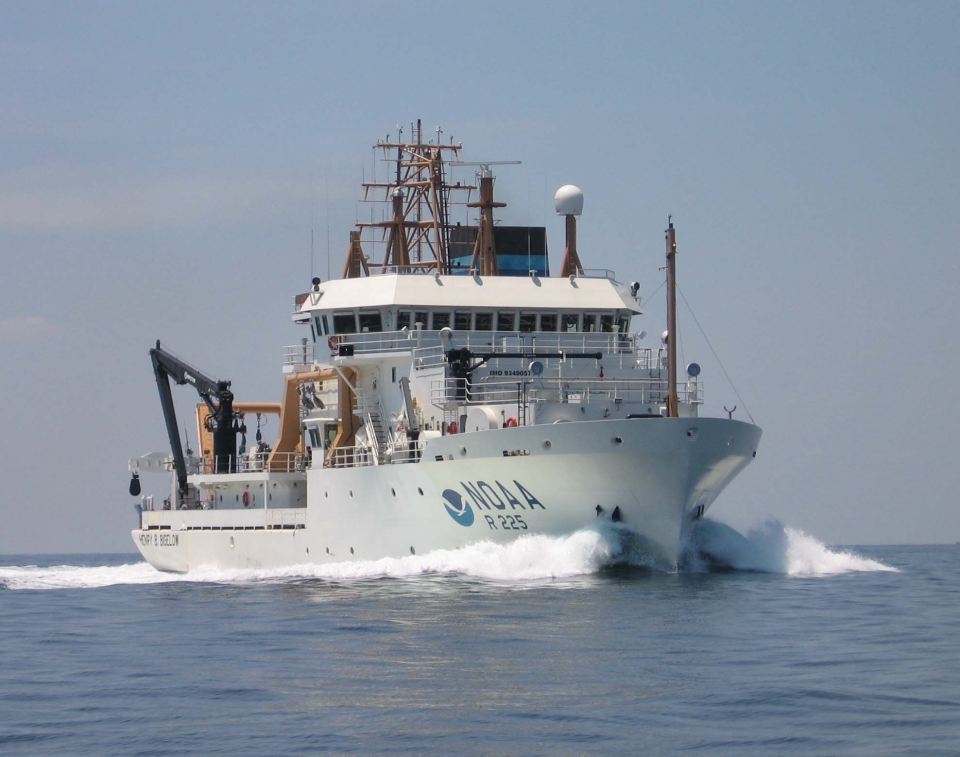On the heels of again delaying Northeast fisheries observer coverage, NMFS canceled three planned research surveys as the covid-19 pandemic continues.
The canceled surveys would help assess sea scallops, the Atlantic surf clam and ocean quahog stocks – and use advanced technology to investigate the deep ocean’s mesopelagic layer, the so-called “twilight zone” between 660 feet and 3,300 feet where the influence of sunlight drops off.
“These are difficult decisions for the agency as we strive to balance our need to maintain core mission responsibilities with the realities and impacts of the current health crisis,” officials at the Northeast Fisheries Science Center said in a statement issued Friday afternoon.
“Since March, we have been rigorously analyzing various options for conducting cruises this year and are taking a survey-by-survey, risk-based approach. After much deliberation, we determined that there was no way to move forward with these surveys while effectively minimizing risk and meeting core survey objectives.”
Plans for survey work in April, May and June were cancelled as the pandemic hit its first peak in the Northeast states. The science center had hoped to bring crew back to the research vessel Henry B. Bigelow in early July to begin preparing for the planned late summer and fall surveys.
But meanwhile, forging ahead with plans to resume observer coverage in the Northeast fisheries starting July 1 provoked profound dismay in the industry, soon communicated through the Mid-Atlantic and New England regional fishery management councils and Congress. Observer coverage has been delayed again until at least July 31.
In Alaska and the North Pacific, NMFS has pulled far back on observers and surveys, with no sign when normal schedules may resume.
At the Northeast science center, the plan is to reorganize survey plans for 2021.
“While the two canceled resource surveys are important fishery-independent sources of data for sea scallop, Atlantic surf clam, and ocean quahog, we will continue these typically annual surveys next year when this national health crisis improves,” according to the statement by science center officials.
“In the meantime, we will work with the two regional fishery management councils to mitigate the impacts from the loss of survey data this year.”







